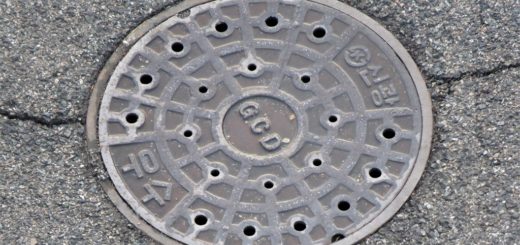Notes on Hollowness
Today’s mass entertainment is obsessed above all with two themes: superheroes and zombies. This is self-revealing, as we are indeed trapped in the age of the undead, whose only mode of living is to suck the life out of others, and whose only hope of being saved from their emptiness is to lose themselves in the last realm of imagination left for hollow, trembling men, namely cartoon saviors.
Capitalism and socialism are two sides of a coin on one issue: both elevate greed, envy, and soulless materialism to the level of primary motivations for living. In this sense, Milton Friedman’s famous defense of capitalist greed was correct. His folly, typical of an economist, was his inability to conceive of any other alternatives. We live in an age of false dichotomies, and the presumption that two expressions of materialist greed represent the only plausible approaches to life is surely one of the falsest of all false dichotomies.
Capitalism, so-called, is not freedom. It is merely the exploitation of freedom by people excessively motivated by material concerns. This exploitation, as history has borne out, leads in the end to the decimation of freedom, which proves that capitalism is not freedom, but rather the special illness to which freedom is susceptible. This was less obvious, to be sure, when men still had other motives as well, with which to temper or mitigate the pernicious temptations of pure greed, which is to say when men still believed in the soul’s imperatives — “God, freedom, and immortality” — rather than only the body’s.
Capitalism, as that word is used glowingly today by those who mistakenly call themselves “conservatives” or “classical liberals,” is a kind of excess or imbalance in the constitution, whether within an individual or a society. It both betokens and promotes the deterioration of those virtues or quasi-virtues that a free society depends on to protect itself from the illiberal impulses of unleashed material desire: moderation, frugality, self-discipline, sincere friendship, intellectual curiosity, a disdain for cynical self-seeking, and a deep and abiding attachment to the idea of something higher than oneself. When “conservatives” and “classical liberals” lose those character traits and spiritual tendencies — as they do when they turn to defining life and happiness by a “success” measured in accumulated material comfort — then the once-free society becomes little better than the more confident and productive flipside of the socialist society, not to mention a breeding ground for the latter.



